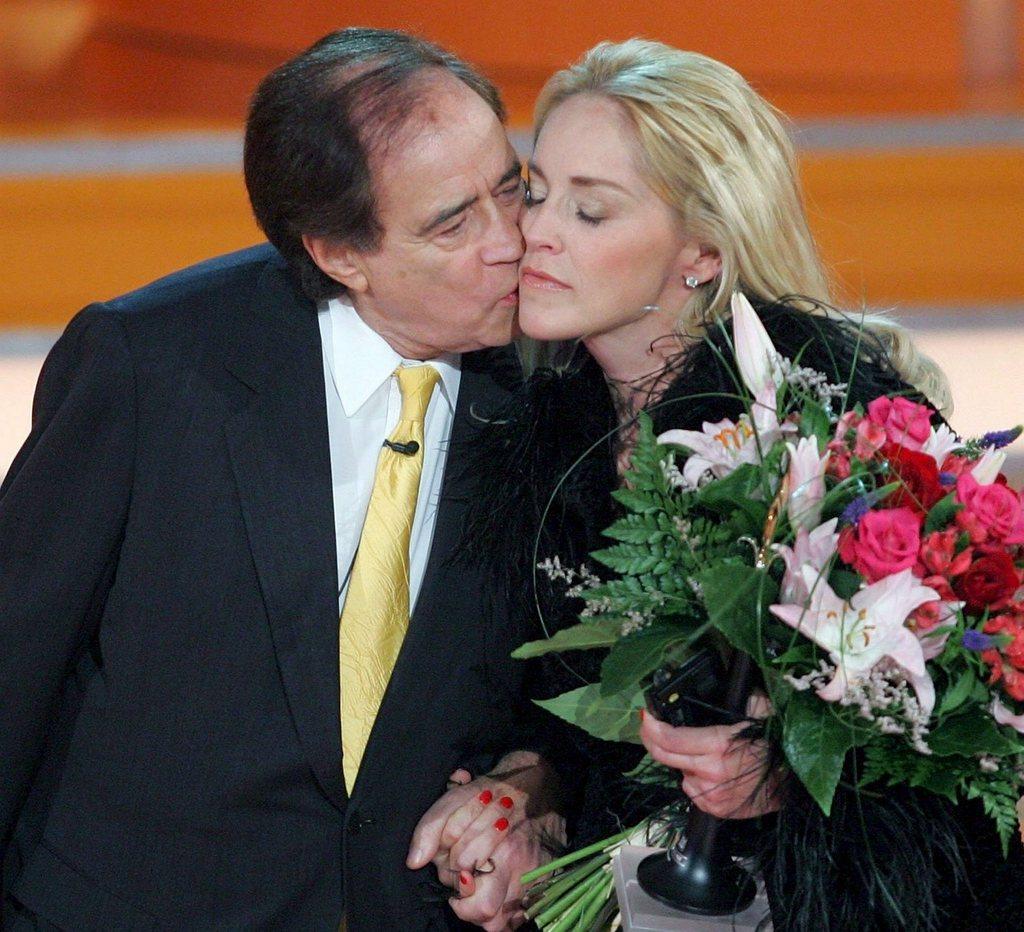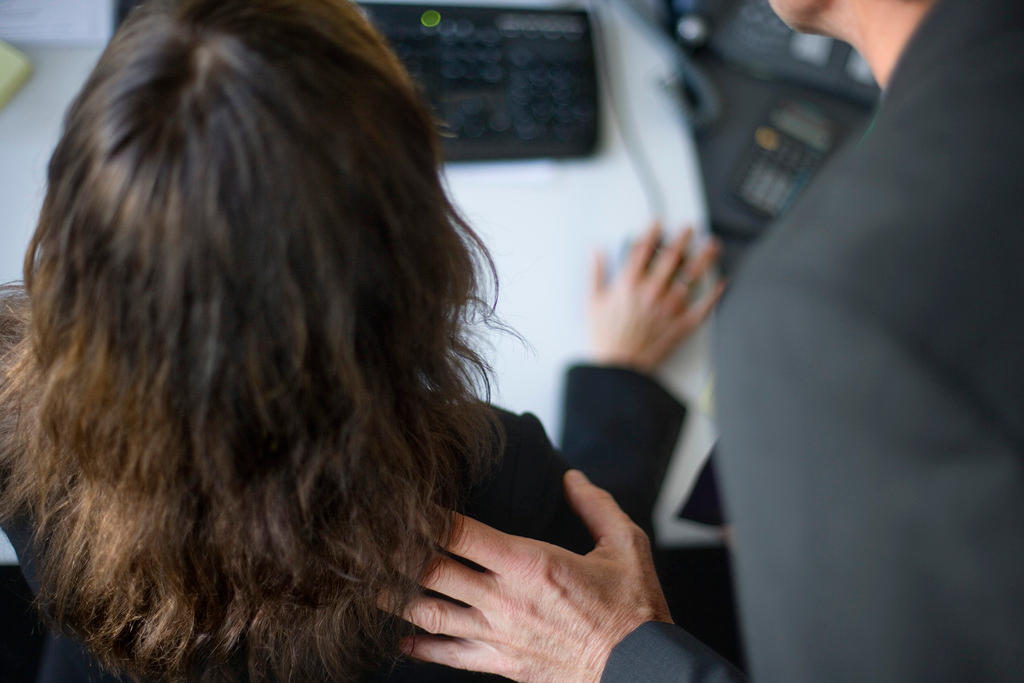
#Metoo debate is too simplistic, says Oscar-winning producer

Swiss film producer Arthur Cohn believes the current debate about sexual harassment in the film industry fosters one-dimensional stereotypes that doesn’t reflect reality.
The ongoing discussion “portrays women purely in the victim role and powerful men as perpetrators”, Cohn, 91, said in an interviewExternal link with Tages-Anzeiger on Tuesday. The reality was more complex than that, he said.
“In Hollywood, as well as in other industries, there are men in leadership roles who had been seduced and exploited by women looking to further their careers,” said Cohn, whose films have won six Oscars.
In pointing this out, he stressed that he in no way intended to diminish the legitimate pain of certain women who had “suffered terribly”. The case of disgraced producer Harvey Weinstein was particularly grave because he had used his status and other people’s dependency on him to manipulate and exploit women, Cohn said.
However, this image of the producer with such power and control over female actresses was a stereotype, he said, that did not reflect his own experience. “Everyone should be able to look in the mirror with a clear conscience – something, thank God, I can claim to be able to do.”
A changing industry
Cohn believes the far-reaching sexual harassment debate will lead to changes within the film industry.
While he would approve of more women both in front of as well as behind the camera, Cohn rejects quotas as “artificial constraints” which could compromise quality in film.

More
What to do if sexual harassment happens to you

In compliance with the JTI standards
More: SWI swissinfo.ch certified by the Journalism Trust Initiative


























You can find an overview of ongoing debates with our journalists here . Please join us!
If you want to start a conversation about a topic raised in this article or want to report factual errors, email us at english@swissinfo.ch.